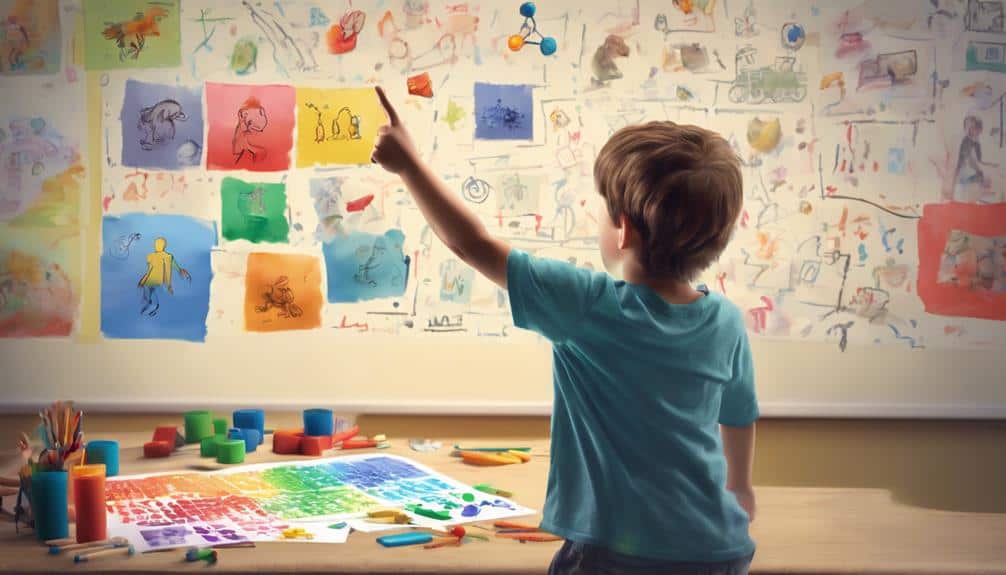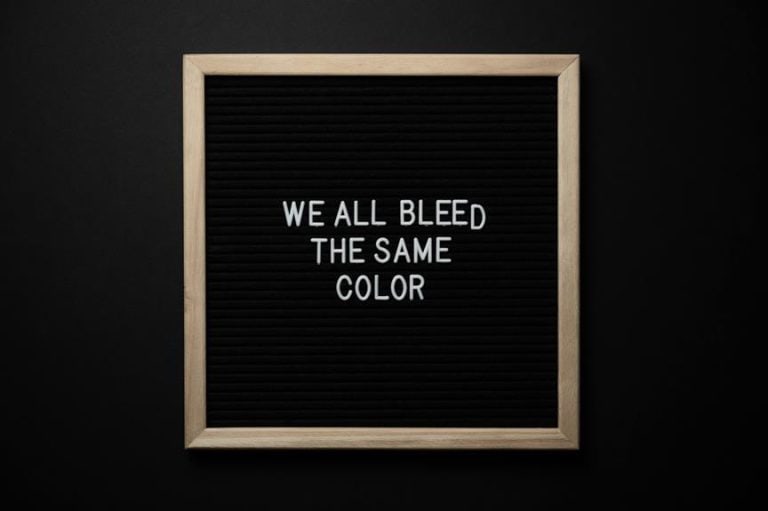Autism Recovery Signs
Enhanced socialization and improved communication are significant signs of progress in individuals on the autism spectrum. Reduced hyperactivity is also a positive indicator. However, what other subtle indicators might point towards even greater strides in autism recovery? Let's explore lesser-known but important cues that may shed light on the journey towards improved quality of life for individuals with autism.
Key Takeaways
- Improved socialization and communication skills, including eye contact and verbal attempts.
- Reduction in repetitive behaviors, such as insistence on sameness and fixation on specific objects.
- Progress in self-help skills like dressing independently and better emotional regulation.
- Overall signs of autism recovery include empathy, interactive play, self-care, and emotional regulation improvements.
Behaviors Indicating Increased Socialization

Recognizing progress in autism recovery can be heartening, especially when observing behaviors that signify increased socialization. Witnessing more frequent eye contact and attempts at verbal communication are important indicators of enhanced social skills in individuals with autism. Improved socialization may also be evident through a willingness to engage in interactive play, showing a desire to connect with others on a deeper level.
Moreover, the display of empathy and understanding towards others highlights significant progress in socialization for those in autism recovery. Seeking out social interactions and initiating conversations are vital steps towards building relationships and fostering social connections. Engaging in group activities, whether it be team games or collaborative projects, further showcases improved social skills and integration within a community.
These behaviors are key milestones that demonstrate the positive impact of autism recovery on enhancing socialization skills, promoting meaningful interactions, and fostering a sense of belonging and connection with others.
Communication Improvements in Autism Recovery

Improving communication skills is a significant aspect of the journey towards autism recovery, encompassing advancements in vocabulary, conversational abilities, and understanding social cues.
In autism recovery, improved vocabulary and the ability to express thoughts and emotions more clearly are positive signs. Enhanced non-verbal communication, like making eye contact, using gestures, and showing facial expressions appropriately, can indicate progress.
The initiation of communication, such as starting conversations or asking questions, is a promising development in autism recovery. Better receptive language skills, which involve understanding and responding to verbal and non-verbal cues, demonstrate improvements in communication.
Implementing alternative communication methods, such as picture exchange systems or AAC devices, can signify significant advancements in communication abilities. Enhanced social cues and a deeper understanding of interactions contribute to the overall progress in communication skills during the journey of autism recovery.
Reduction of Repetitive Behaviors as a Sign

Entering the domain of reduced repetitive behaviors in autism recovery marks a significant step towards progress and positive change. Witnessing a decrease in repetitive behaviors can be a promising indication of advancement in autism recovery. Here are some key signs to look out for:
- Diminished Insistence on Sameness: A reduction in the need for strict routines and a decreased insistence on sameness may suggest that the individual is becoming more flexible and adaptable, which are vital aspects of progress in autism recovery.
- Decreased Engagement in Repetitive Activities: A decline in engaging in repetitive activities or rituals could signify a positive shift in the individual's behavior, indicating a move away from rigid behaviors associated with autism.
- Less Fixation on Specific Objects or Topics: Showing improvement in focusing on a broader range of interests rather than fixating on particular objects or topics is a positive indicator of increased flexibility and adaptability in autism recovery.
Witnessing these changes can be encouraging, highlighting the potential for growth and development in individuals on the autism spectrum.
Progress in Self-Help Skills

Making advancements in self-help skills is a significant milestone on the path to autism recovery. Progress in self-help skills, such as improved ability to dress, feed, or groom independently, can indicate positive development. Increased initiation of self-care activities like brushing teeth or washing hands demonstrates growth in understanding and executing daily routines. Enhanced coordination and motor skills for tasks like tying shoes or using utensils show improvement in physical abilities. Additionally, consistent and successful completion of self-help tasks with decreasing prompts is a promising sign of advancement in autism recovery.
Witnessing these advancements in self-help skills can be truly rewarding for individuals on the autism spectrum and their families. It signifies increased independence and capability in managing daily tasks, fostering a sense of achievement and confidence. By focusing on enhancing self-help skills, individuals with autism can experience greater autonomy and improved quality of life. Keep celebrating each progress made, as every successful step in self-help skills brings them closer to reaching their full potential.
Enhanced Emotional Regulation

Advancing from progress in self-help skills, the journey towards autism recovery often showcases noticeable improvements in emotional regulation. This enhanced emotional regulation is a key milestone on the path to recovery, bringing about positive changes in various aspects of daily life. Here are three ways in which improved emotional regulation signifies progress in autism recovery:
- Reduced Meltdowns and Better Coping: Individuals experiencing autism recovery often exhibit a decrease in meltdowns and an enhanced ability to cope with challenging emotions.
- Self-Soothing Techniques and Sensory Overload Reactions: Enhanced emotional regulation may manifest through improved self-soothing techniques and a decrease in sensory overload reactions.
- Increased Flexibility and Adaptive Responses: Progress in emotional regulation can be observed through increased flexibility in handling changes and transformations, leading to more adaptive responses in social interactions.
Frequently Asked Questions
How Long Does Autism Recovery Take?
Autism recovery durations vary greatly based on individual factors and intervention effectiveness. Some children make rapid progress in months, while others need years of therapy. Early, intense interventions, parental involvement, and tailored support can expedite recovery.
Can a Child With Autism Recover Fully?
I can't promise a full recovery, but with early intervention, tailored therapies like behavioral and speech therapy, support in social skills and sensory processing, and tracking progress, a child with autism can make remarkable improvements.
When Do Autism Symptoms Get Better?
When do autism symptoms get better? Early intervention, progress tracking, and effective therapies play key roles. Family support, communication improvements, social skills, and behavior changes are critical. Sensory integration, educational accommodations, and collaboration enhance outcomes.
What Is the Recovery Rate for Autism?
Recovery from autism? It's like finding a needle in a haystack. But with early intervention, behavioral therapy, parent involvement, speech therapy, sensory integration, social skills training, understanding genetic factors, diet changes, and exploring alternative treatments, progress is possible.
Conclusion
Well folks, looks like we've cracked the code on autism recovery signs!
With enhanced socialization, improved communication, reduced repetitive behaviors, increased independence, and better emotional regulation, it's like a miracle cure, right?
Just kidding, there's no magic fix for autism. But with early intervention and individualized therapies, we can definitely see some positive changes.
Keep advocating for support and understanding for individuals with autism. Together, we can make a difference.







